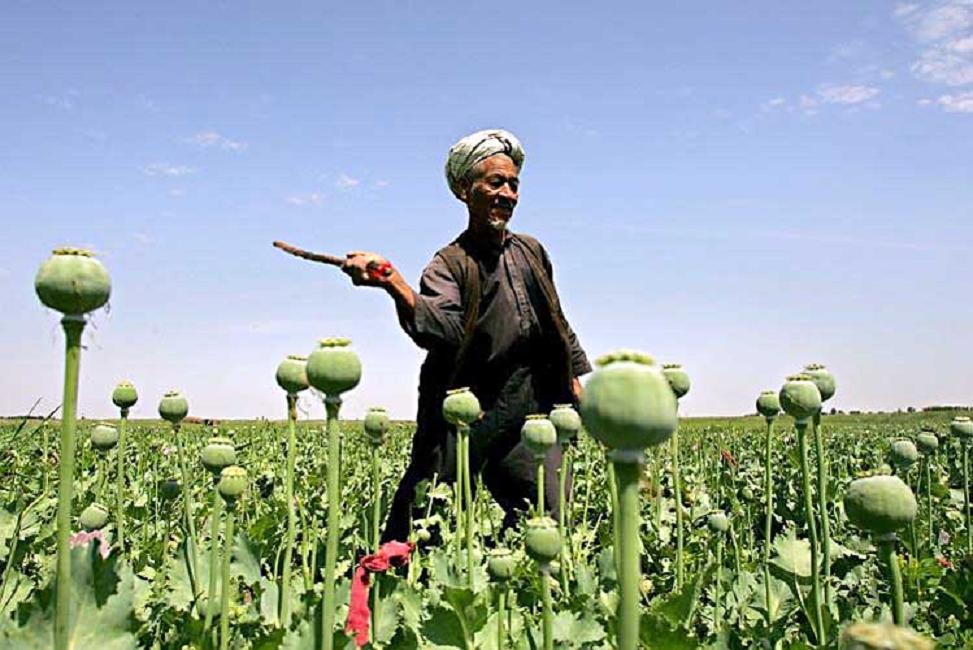
Afghanistan.
When I think about it, it amazes me to see how many trees have been cut to print articles about this country. In the last thirty years, many thousands have died fighting against occupiers, for faith and honor. You could say that their last thirty years of history was writ in blood. This has left a deep and lasting psychological impact on the people. Post resuscitation of their country, Afghanis expected the dream of Ahmed Shah Massoud to become a reality. That failed and a strong democratic nation could not be established.

Out of this darkness the Afghani people and especially children have developed apathy to values perceived to be American, namely liberty, democracy and free economy. This will be the source of future problems. The issue in Afghanistan is not intrinsic to the country. Its more like a parasite. The country was a fertile ground for jihadist activities due to the war mongering developed amongst its people. Now as ordinary afghans grow increasingly tired of violence the fight is being led by foreign fighters. They neither care for Afghanistan or its people. The Taliban especially see the warlords as temporary allies on the road back to power. This is probably the greatest strength of the Afghan government.

The threat to the stability of the Afghan democracy stems from two primary sources. One is the resurgent Taliban and the other being the warlords.
Both can be quelled if the Afghan government in Kabul is viewed positively by the people. This would require extremely good governance. The values of democracy, namely freedom and liberty must be enjoyed by most if not all. Economy can be revived by spending on infrastructure and cottage industries. Afghanistan needs to create a middle class. This strategy will be especially suitable against the Taliban which depends largely on supporters from the lower society of the country.
Paradoxically the warlords threaten the integrity of the country through their immense wealth and connections in the high rungs of power. Money gives them the ability to higher men and contacts within the government give them the right to rule their estates. A suitable countermeasure would be to involve different people. What Afghanistan needs desperately now are leaders. Right now political power is concentrated at Kabul. Regional leaders and warlords need to be brought into the parliament by election. This is not unlike the integration of post independence India.

Maybe Afghanistan has more to learn from India than Pakistan. Maybe the United States would be better advised to let the Afghani people chose their ally and make their decisions for the fate of their country.
No comments:
Post a Comment